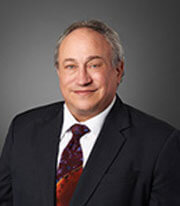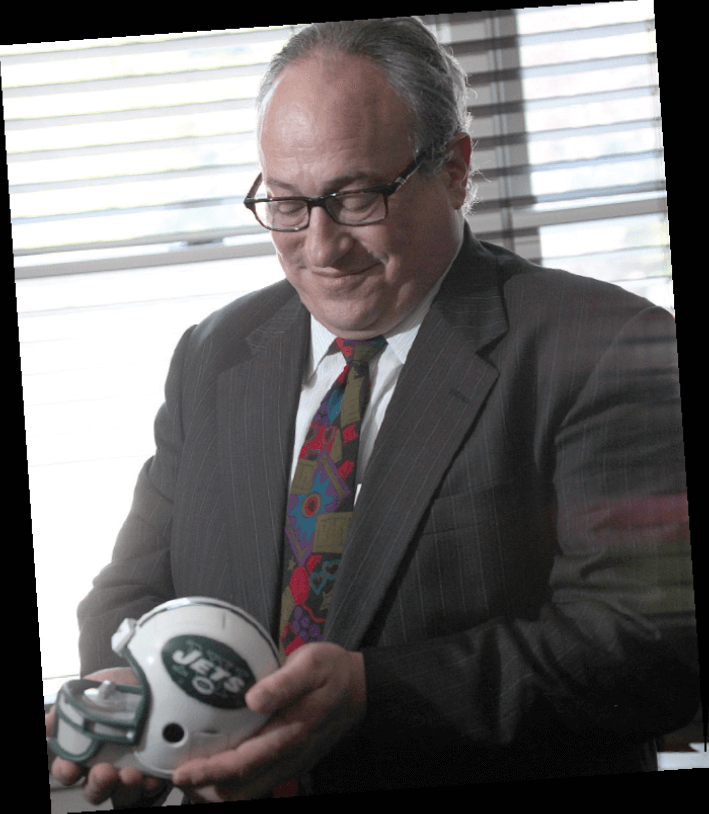
For the tenth consecutive year, Stephen J. Silverberg, based on extensive peer review, is listed in the 2024 Edition of The Best Lawyers in America® in the practice area of Elder Law.

For the first time, Scott B. Silverberg is listed in the 2024 edition of The Best Lawyers in America: Ones To Watch® in the practice areas of Elder Law and Trusts and Estates.
For the 2024 edition of The Best Lawyers in America®, a review of over 13.7 million votes resulted in over 76,000 leading lawyers being honored in the milestone 30th edition.
For the 2024 edition of Best Lawyers: Ones to Watch® in America, over 2.4 million votes were analyzed, which resulted in over 25,000 lawyers being honored in the new edition.
Stephen holds the AV® Preeminent (5 out of 5) rating, the highest possible designation from Martindale-Hubbell, and has been on the Super Lawyer New York metro list since 2007.
He is designated a Certified Elder Law Attorney (CELA) by the National Elder Law Foundation, as authorized by the American Bar Association. Applicants must pass a stringent written examination and substantial independent peer review to receive this designation. Although the test started in 1993, fewer than 520 attorneys have earned the CELA designation. Silverberg is a graduate of Hartwick College and Brooklyn Law School. He has been a New York and Florida Bars member for over forty years.
Stephen J. Silverberg is a nationally recognized leader in estate and tax planning, estate and trust administration, asset preservation planning, and Elder Law. He is the past President of the prestigious National Academy of Elder Law Attorneys (NAELA). In 2003 he was named a NAELA Fellow, the highest honor given by NAELA to “attorneys… whose careers concentrate on Elder Law, and who have distinguished themselves both by making exceptional contributions to meeting the needs of older Americans and by demonstrating commitment to the Academy.” Silverberg is also a former President and is a member of the New York State chapter of NAELA.
Scott B. Silverberg is President of the New York Chapter of the National Academy of Elder Law Attorneys (NAELA) and a member of the National Board of Directors of NAELA. He also serves as a member of the Board of Directors of the Elder Law Practicum of national NAELA. As a New York State Bar Association member, Scott serves as Vice-Chair of the Practice Management Committee of the Elder Law and Special Needs Section Executive Committee. Previously, he chaired the Technology Committee.
In 2022, Scott became a member of The Estate Planning Council of Nassau County, a member chapter of the National Association of Estate Planners and Councils (NAEPC).
Scott earned an LLM (Master of Laws) in Elder Law from the Stetson University School of Law, a leader in special needs planning. He is the only attorney in New York who holds this degree. He graduated from Fordham Law School (JD, 2013) and holds a Bachelor of Science from the internationally renowned Cornell University School of Industrial and Labor Relations.
The Law Office of Stephen J. Silverberg, PC, represents clients in estate planning, tax, estate administration, asset preservation planning, Elder Law, and related issues. The Law Office of Stephen J. Silverberg, PC is at 185 Roslyn Road, Roslyn Heights, NY 11577, 516-307-1236 and www.sjslawpc.com.







